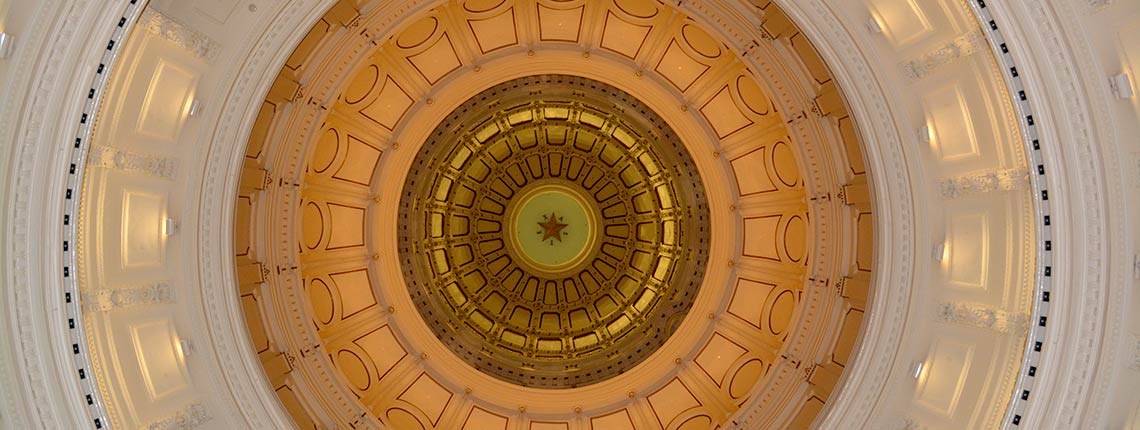
Political Science Faculty Publications
Realpolitik in the American University: Charles A. Beard and the Problem of Academic Repression
Document Type
Article
Publication Date
12-2014
Abstract
Charles A. Beard resigned from Columbia University on October 8, 1917 at a time when modern universities were emerging as significant institutions in the economic and political development of the United States. Thus, Beard's highly publicized resignation came at a time when universities were under exceptional scrutiny by economic and political elites, who increasingly viewed higher education institutions as either private corporations which they owned or as extensions of the modern state apparatus. Moreover, Beard's resignation came after a long string of dismissals, resignations, and censures at American universities that progressive historians have ironically chronicled as a history of the development of academic freedom in the United States. In fact, the early “academic freedom” cases were successful acts of academic repression and, in this context, Charles A. Beard's resignation opened a window onto the realpolitik of American universities, which have never been ivory towers, but have always been fundamentally political institutions, where groups and individuals engage in contests for power, authority, and resources within the framework of even larger social conflicts.
Recommended Citation
Clyde W. Barrow (2014) Realpolitik in the American University: Charles A. Beard and the Problem of Academic Repression, New Political Science, 36:4, 438-458, DOI: 10.1080/07393148.2014.954789
Publication Title
New Political Science
DOI
10.1080/07393148.2014.954789


Comments
© 2014 Caucus for a New Political Science
https://www.tandfonline.com/share/78GVBDZXJFE9PMNJSCUU?target=10.1080/07393148.2014.954789